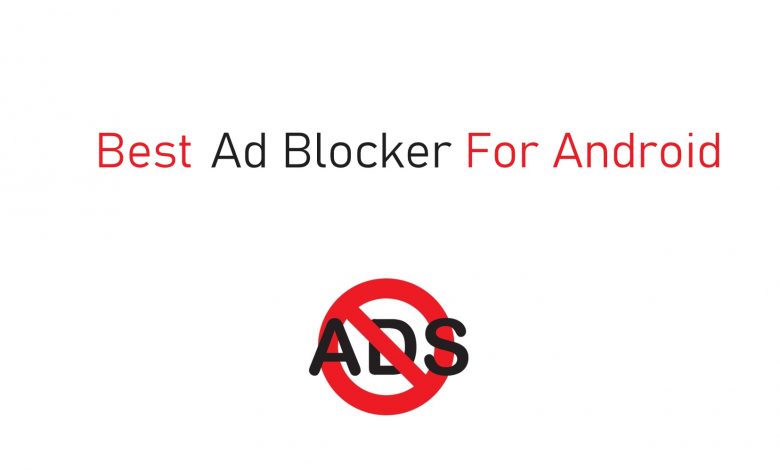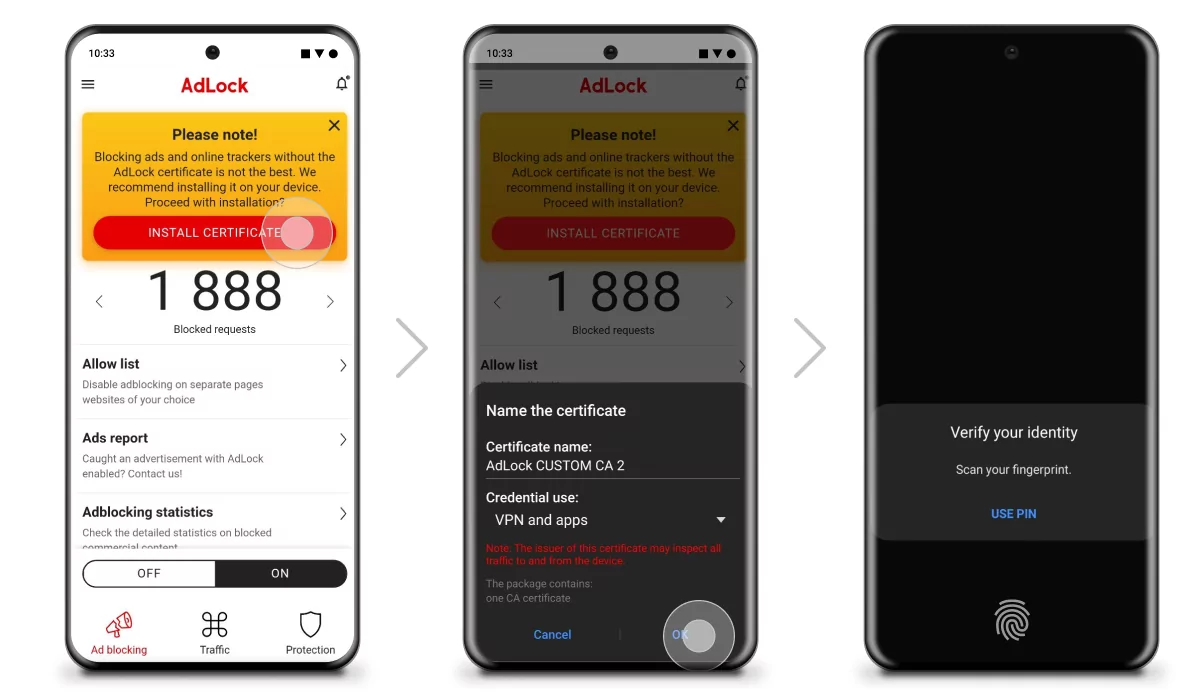

On the PCMag homepage and review page, Privacy Badger never took the top spot, but it was never at the bottom either. However, that uniqueness meant that it didn't nab the best raw scores in our testing.

Because tracking users between websites is such an integral part of advertising, blocking trackers ends up blocking most ads. What it does do is block trackers, typically after it has encountered those trackers a few times. Created by the nonprofit Electronic Frontier Foundation, Privacy Badger doesn't explicitly block ads. Privacy Badger goes in a different direction from the other ad blockers we tested. You can see how all the products we tested compare in the chart below: A unique fingerprint means you're easy to identify to advertisers. Cover Your Tracks is different, and it looks at three criteria: if your browser blocks tracker ads, if your browser blocks invisible trackers, and how unique a fingerprint your browser presents. The one that blocks the most ads may not be the one that works in a way makes sense for you.Īdblock-Tester tests against several features, from standard display ads to error reporting and so on. Our test results are a mixed bag, which indicates that the differences between how these services work is significant. We settled on Adblock-Tester to compare how each service blocked ad elements and the EFF's Cover Your Tracks, which focuses on web trackers and browser fingerprinting-an insidious practice that uses unique characteristics of your machine to ID you online for targeted advertising. We also sought out replicable tests for comparison. On the objective side, we used each ad blocker's self-reported analytics on the same pages to see how each performed. We also considered the design of each ad blocker, giving preference to well-designed, pleasant looking options. On the subjective side, we browsed PCMag's homepage and a review page to see which elements were blocked and whether the site functioned as intended. To evaluate each service, we wanted both an objective measurement and subjective impressions. Note, however, that most of the ad blockers we tested are available for multiple browsers. We only tested Chrome extensions, as it remains the world's most popular browser. We tested each ad blocker in Chrome version 100.


#Reddit best adlock pro#
How We Test Ad BlockersĪll our testing was done on a macBook Pro running macOS 11.6.4. Other browsers, including Brave, Opera, and Vivaldi, include ad blockers as well. Firefox blocks many trackers in its default mode. Many modern browsers have tracker blocking built in. Ad blockers not only keep you from seeing some ads, but the best ad blockers also block the trackers and other tools advertisers use to spy on you. Ever wonder why you see the same ads follow you across different sites? How is Instagram able to show you extremely targeted ads? It's because gathering information about you and your activities is big business. The practice is called malvertising, and it's perhaps the most compelling reason to try and keep web ads out of your life.įinally, nearly all advertising in this modern age is built on the privacy-eroding practices of surveillance capitalism.
#Reddit best adlock code#
The bad guys submit ads carrying malicious code or pointing to malicious sites, which are accepted and displayed on trusted websites.
#Reddit best adlock download#
Some online ads pretend to be from antivirus scanners, proclaiming you've been infected and need to download their malware protection solution, which might itself be malicious or simply a way to scare you into buying a subscription you don't need.Īlthough it’s rare, we've seen cases where legitimate sites and ad networks were hijacked by attackers. Some take over your screen, claiming to be from law enforcement and demanding you pay a hefty (and spurious) fine. While legitimate ads can be annoying enough, some ads are deceptive or even dangerous. We look through some of the best-known names in the ad-blocking business to help you find the right one for your needs. Ad blockers seek to rein in those problems and make the web a little bit better. Ads are ugly, they make websites look and perform worse, and their weird tricks-like appearing suddenly or autoplaying videos-can be extremely irritating.


 0 kommentar(er)
0 kommentar(er)
